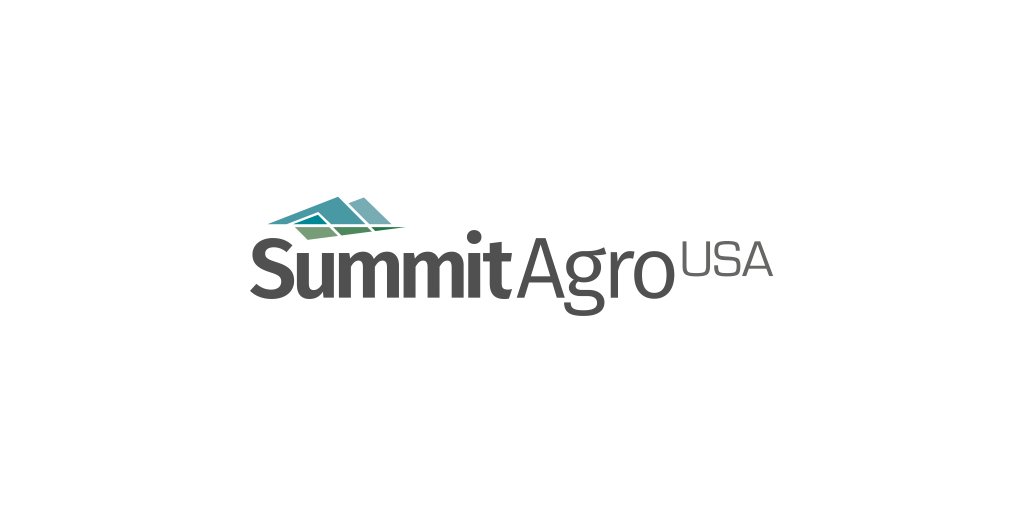Syngenta and Enko accelerate the discovery of innovative crop protection solutions
With its newest collaboration, Enko and Syngenta will focus on discovering herbicide solutions to combat widespread resistance and eliminate aggressive weeds, such as Palmer Amaranth.
Syngenta Crop Protection, a global leader in agricultural innovation, and crop health company Enko announced today the discovery of novel chemistry to control fungal disease in crops, using a platform that reduces the time required for R&D discovery.
With its newest collaboration, Enko and Syngenta will focus on discovering herbicide solutions to combat widespread resistance and eliminate aggressive weeds, such as Palmer Amaranth.The new chemistry features a new mode of action designed to target diseases that can devastate cereal crops. This breakthrough was achieved by screening billions of chemical molecules within Enko’s DNA-encoded libraries, and then using artificial intelligence and machine learning models to identify potent, selective molecules. This significantly shortens the time required for the discovery process, while ensuring molecules meet specified safety criteria.
Fungal pathogens are a major challenge to the health of crops worldwide. Diseases caused by these pathogens alone cause growers to lose between 10-23 percent of their yield; for the top 5 staple crops – rice, wheat, corn, soybeans and potatoes – this is estimated to be enough to feed as much as 4 billion people a daily diet of 2,000 calories for a whole year. Experts predict such losses will worsen with global warming widening the spread of fungal infections, as well as rising resistance to existing fungicides.
The fungicide discovery milestone is part of Syngenta and Enko’s multi-year collaboration to bring new, affordable, safe and sustainable crop protection solutions to farmers globally. The companies have now entered into the next phase of their collaboration, to optimize the fungicide’s attributes and rigorously test them for safety and efficacy. The two companies further aim to build on the success of the fungicide collaboration, and have signed a new agreement to discover novel chemical starting points for a new herbicide.
“We are excited to partner with Enko to apply the latest in drug discovery and development approaches used in the pharmaceutical industry to agriculture, and to be able to bring new and effective agricultural solutions even more quickly to farmers,” said Camilla Corsi, Global Head of Research at Syngenta Crop Protection. “With a new mode of action, this novel chemistry promises to help farmers sustainably manage crops, protect yields, and combat resistance.”
“The world faces a food security crisis that climate change is steadily worsening,” said Enko CEO and founder Jacqueline Heard. “By proving that digital tools can cut discovery time for new crop protection solutions, we hope to accelerate the digital transformation shift within the agricultural industry as growers’ needs become more urgent.”
With its newest collaboration, Enko and Syngenta


